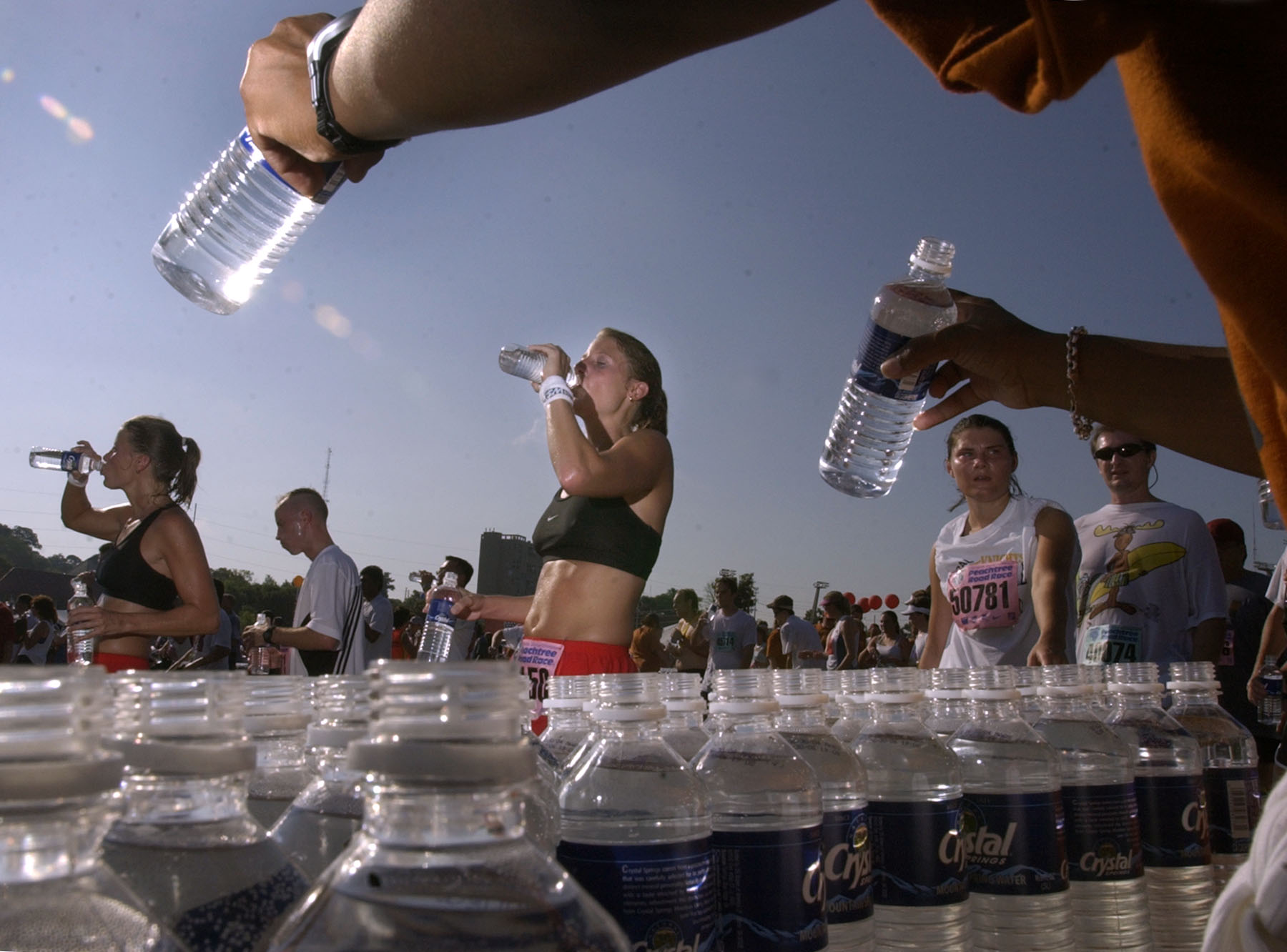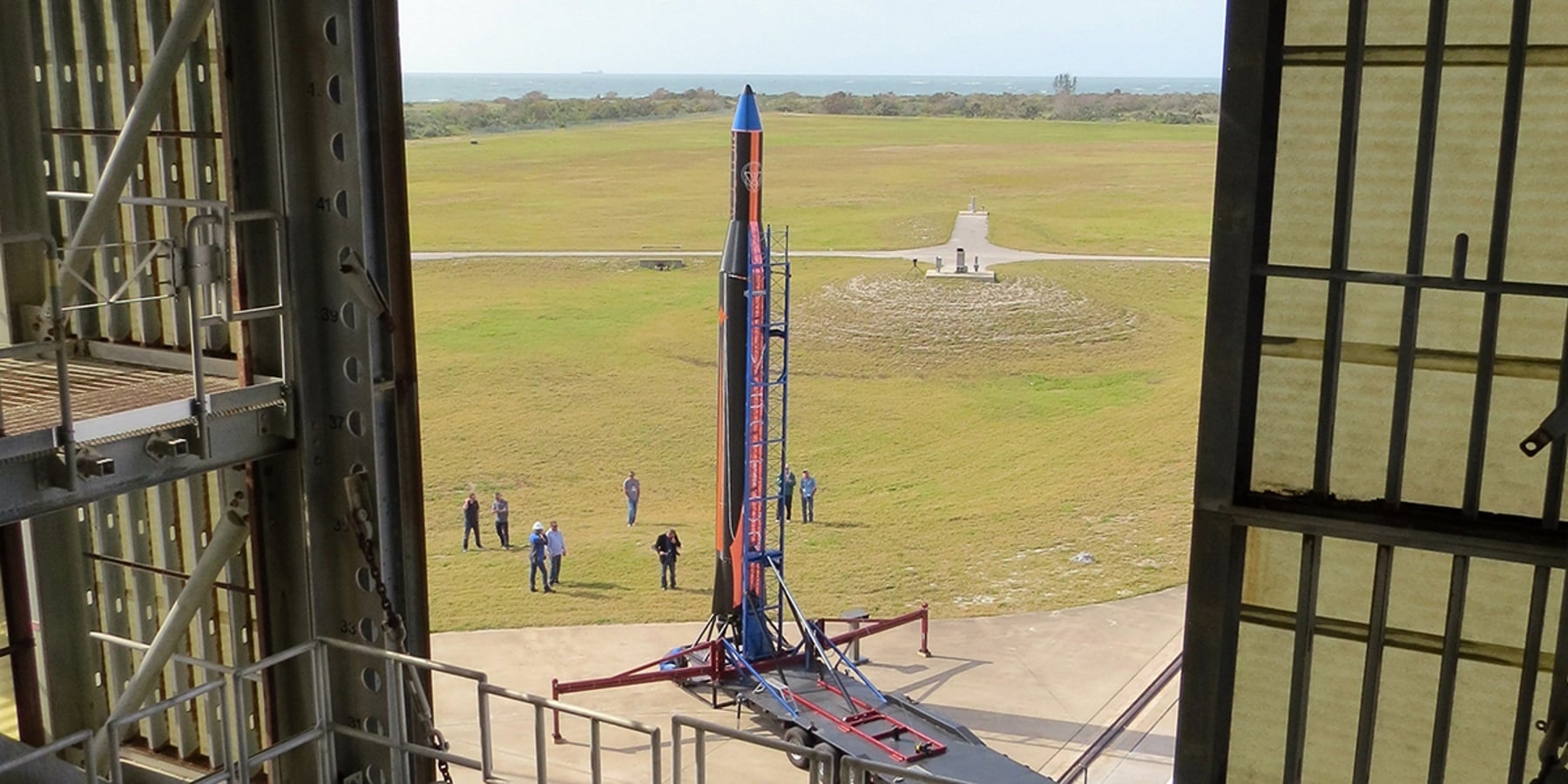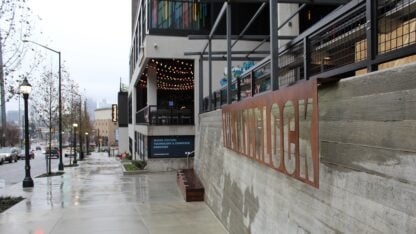In the days before the Peachtree, the Atlanta Track Club offices buzz with people getting ready for the race.
Cee Cee Johnson, a long-time volunteer, was packing thank-you bags for other volunteers one day last week, but on the Fourth of July, she’ll be at the medical tent near the finish line in Piedmont Park.
The number of people who need to visit that medical tent depends on the temperature, Johnson said.
“When the weather is a little cool, we’re OK,” she said as she prepared Waffle House discount coupons to distribute to volunteers. “When it’s hot like it was last year, we had a lot.”
According to the Atlanta Track Club, more than two dozen people had to go to the hospital last year. That’s up from cooler years like 2015, when the Track Club saw a record-low number of medical transports, less than half a dozen.
Given that information, the race with 49 years of history is making a tweak in deference to the heat. This year, the Peachtree is starting half an hour earlier than it has in recent years.
“We look at the number of medical visits, and we started to see this trend,” said Rich Kenah, executive director of the Atlanta Track Club.
They decided to move the start time of the race earlier so that it’ll end sooner and get people out of the mid-day heat. The wheelchair athletes will start at 6:25, and the first main wave will begin at 7.
“The downside is you set your alarm 30 minutes earlier and get there, but we think the tradeoff is worth it,” Kenah said.
It’s not a permanent change, he said, but they’ll see what the outcomes are this year, and decide whether to keep it or not.
Hotter Summers
The Atlanta Track Club announced the switch to Peachtree Road Race runners in a newsletter in May. “We realize the July weather isn’t getting any cooler in Atlanta,” it said.
In fact, it’s getting warmer.
On average, July in Atlanta has gotten about three degrees warmer since the first Peachtree Road Race in 1970. The increase hasn’t been because high temperatures are rising, but because the lowest ones, like nighttime lows, are, said Bill Murphey, the state climatologist for Georgia.
“A lot of that could be attributed to heat island effect, could be attributed to climate change – human-induced impact – and also natural climate variability,” said Murphey, who is also a Peachtree Road Race runner; this will be his 11th year.
For his part, though, Murphey said he’s not too worried about the heat.
“When I was in Antarctica I ran in a road race, and it was about 60 below zero” he said. “I can survive anything pretty much.”
And volunteer Cee Cee Johnson said she’s not too bothered by the new start time.
“We have to be at our location no later than 4:30, 5 anyway,” she said. “Bright and early.”









